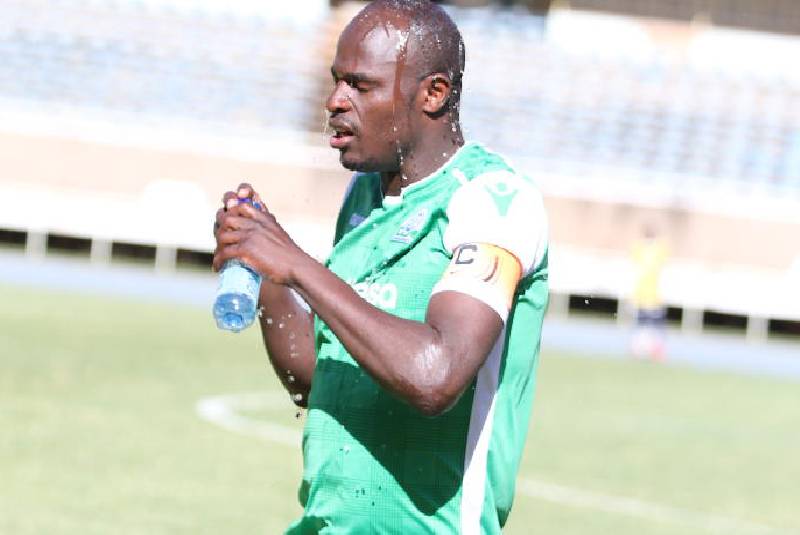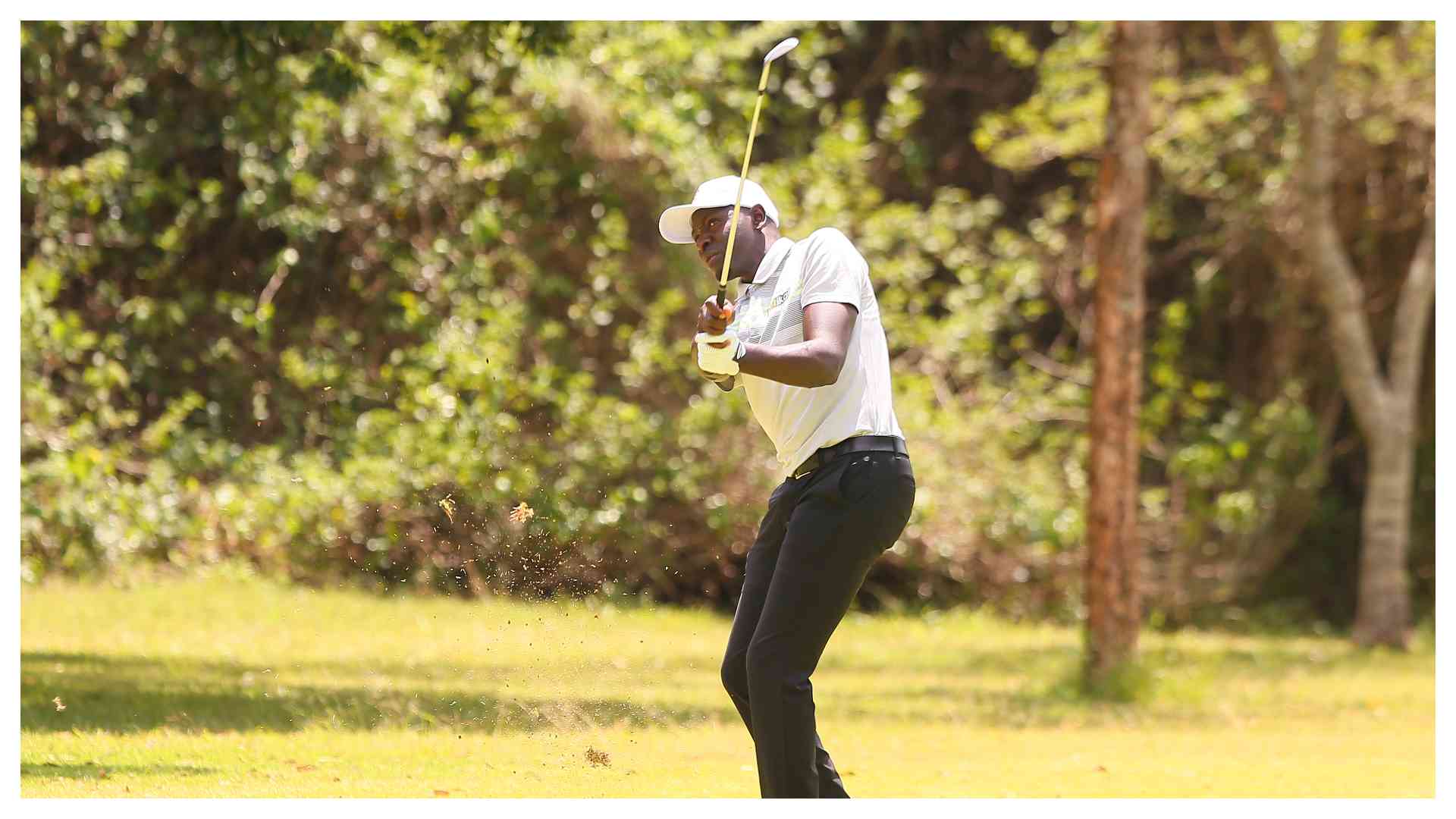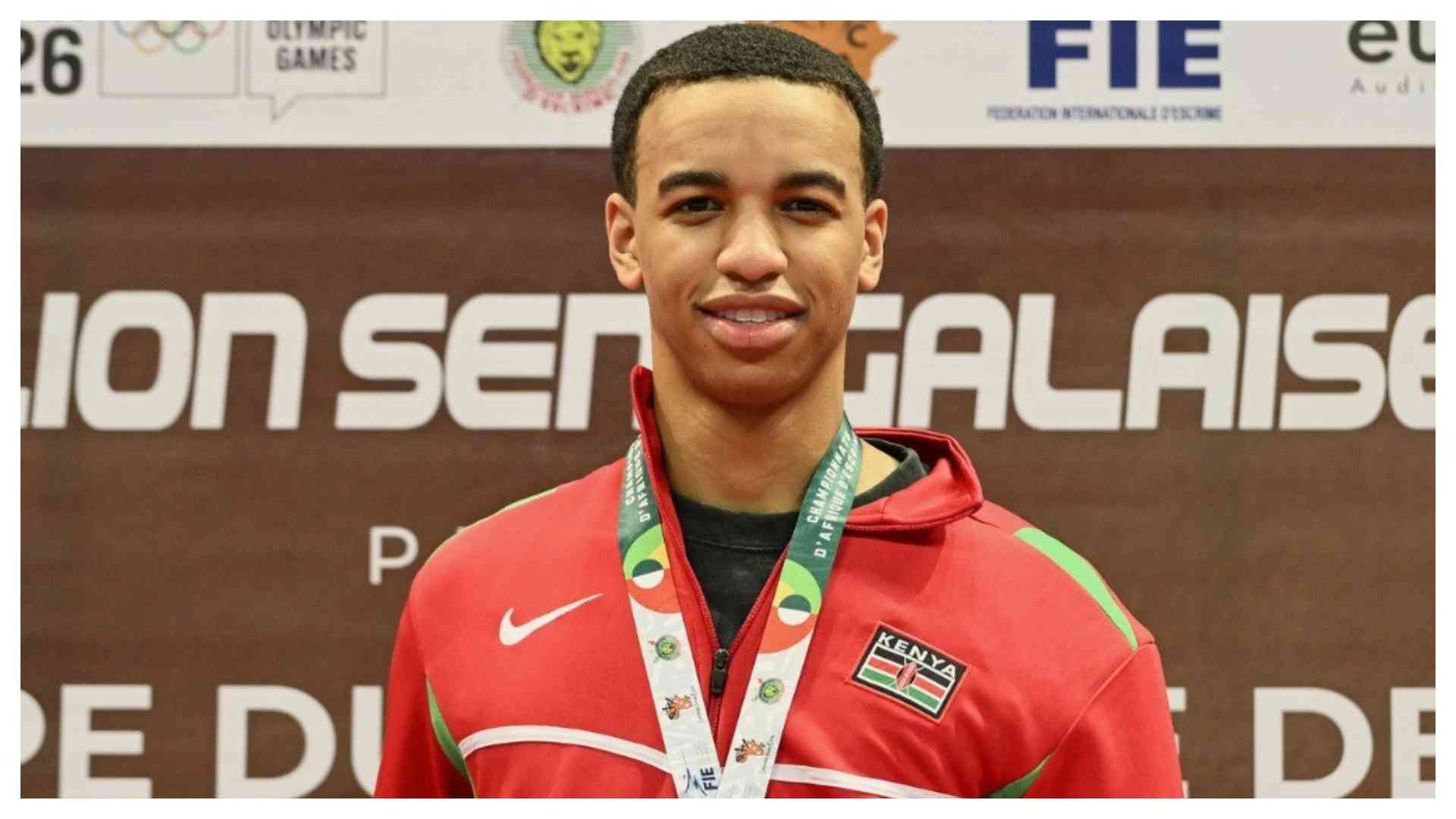
Audio By Vocalize

Gor Mahia FC's Dennis Oliech at Kasarani Stadium. [Jonah Onyango, Standard]
At 17, Dennis Oliech was a good-looking boy and a little tall for his age. And despite the confidence in his purposeful stride, he harboured a weariness where his peers wore a happy-go-lucky demeanour. He was after all in a foreign land, alone and with nothing but dreams and determination. He was working his socks off; day and night for three months without pay and without a chance to get into a live match. After all, his parents back home in Kenya counted on him to succeed in Qatar and create a career that would support them. And he was good at his craft. So good indeed that he finally got his break.

